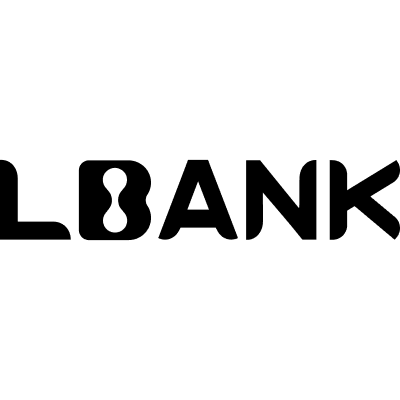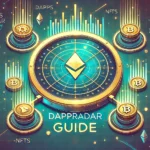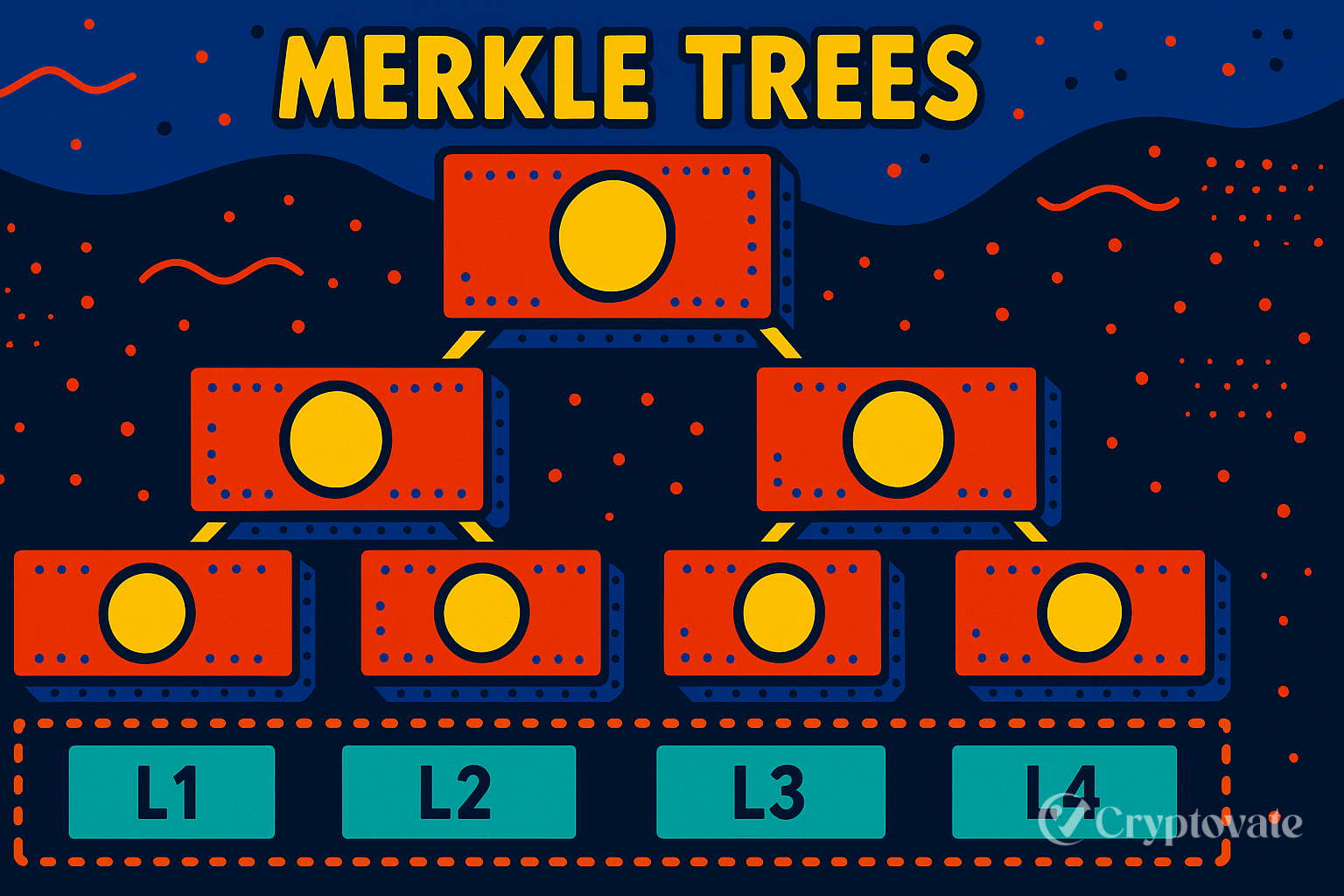– Ad –
| Getting your Trinity Audio player ready... |
Hey folks, do you know reputation systems in DAO voting are a game‑changer?
Here’s the thing: if you’ve been in DAOs long enough, you know token‑only voting skews power to big wallets. Reputation systems address this issue by rewarding active contributors, developers, proposers, and engaged discussants, not just holders. Reputation-based governance ties voting power to actual contributions.
Why reputation‑based governance matters
When voting weight is tied to meaningful participation, you:
- Incentivize quality contributions over speculation.
- Reduce the risk of vote‑buying, sybil attacks, or wealthy whales dominating. Reputation cannot be transferred and may diminish over time.
- Ensure decisions are made by people who know what they’re talking about, boosting long‑term alignment.
How Reputation Systems Work.
Reputation systems score users based on predefined on-chain and off-chain activities. For example:
- On-chain: proposal votes, staked tokens, NFT holding duration, or Soulbound Tokens to capture proof of attendance or trait-based contribution
- Off-chain: Discord engagement, participation in Twitter Spaces, working group contributions, or roles held in the community
Systems like Colony even implement reputation decay, meaning your influence wanes if you stop contributing. That helps prevent early contributors from hanging onto power forever..
Real‑world governance example
Imagine you’re in a protocol DAO debating a new proposal for transaction speeds:
- A member submits a detailed proposal.
- Members with higher reputation, often experts, lead the discussion and refine ideas.
- Voting opens, reputation‑weighted. Your vote counts more if you’ve earned influence recently.
- If proposal passes, implementation follows—with reputation holders guiding deliverables and follow‑ups.
What this means is decisions are smarter, more informed, and less manipulable.
Also Read: Understanding Decentralized Autonomous Organizations (DAOs): The Future of Decentralized Governance
Real DAO Examples Doing Reputation Right
- Colony: Reputation decays over time and is specific to domains. You earn it by working, then stake alongside tokens when voting. It’s fair, flexible, and super resistant to manipulation.
- Gitcoin DAO: Prioritizes contributor meritocracy; voting power follows contribution, not capital. It’s complex, but powerful when aligned with grants and quadratic mechanisms.
Challenges to manage
That said, building reputation systems isn’t frictionless:
- Complexity: You need smart contracts and algorithms to track, weight, and decay reputation properly.
- Inactivity risk: Early contributors might hold legacy influence unless you enforce decay.
- Over‑centralization: Top contributors might become gatekeepers. You need mechanisms for smiting bad actors or revoking reputation for misconduct.
Platforms like Colony automate scoring and governance logic through audited smart contracts to reduce these risks. Complementary tools and next‑gen mechanisms
Reputation voting often pairs with:
- Liquid democracy: Members can delegate their votes to someone they trust or who has expertise. That builds trust while preserving flexibility.
- Gamification elements: Rankings, achievement badges, and vote-weight boosts for early and consistent participants. These boost participation by feeding intrinsic rewards.
TL;DR (Quick Wrap-Up)
- Reputation-based voting rewards contributions, not capital.
- Systems like Colony and Gitcoin lead the way; some even apply reputation decay.
- This reduces vote buying, increases engagement, and improves decisions.
- Implementation complexity and power entrenchment are real risks, but manageable.
- Mixed models (reputation + quadratic + delegation) offer balanced solutions.
That’s the core of how reputation systems in DAO voting shift governance from “who owns what” to “who does what.” Let me know if you want tables, graphs, or a deeper dive into building a custom reputation weighting system.
FAQs
Isn’t token-weighted voting simpler?
While simpler, it sacrifices decentralization. Reputation-based systems take effort, but they scale fairness and buy real participation.
What about quadratic voting or delegation?
Great questions. Quadratic voting addresses intensity of preferences. Delegation, especially with protocols like Kite, allows private vote delegation without exposing identities. Many DAOs use hybrid models: reputation + quadratic + delegate voting.
How can newcomers build a reputation?
By contributing: helping with proposals, engaging in community, and delivering work. If the system includes reputation decay, new active voices get their chance to rise.


















